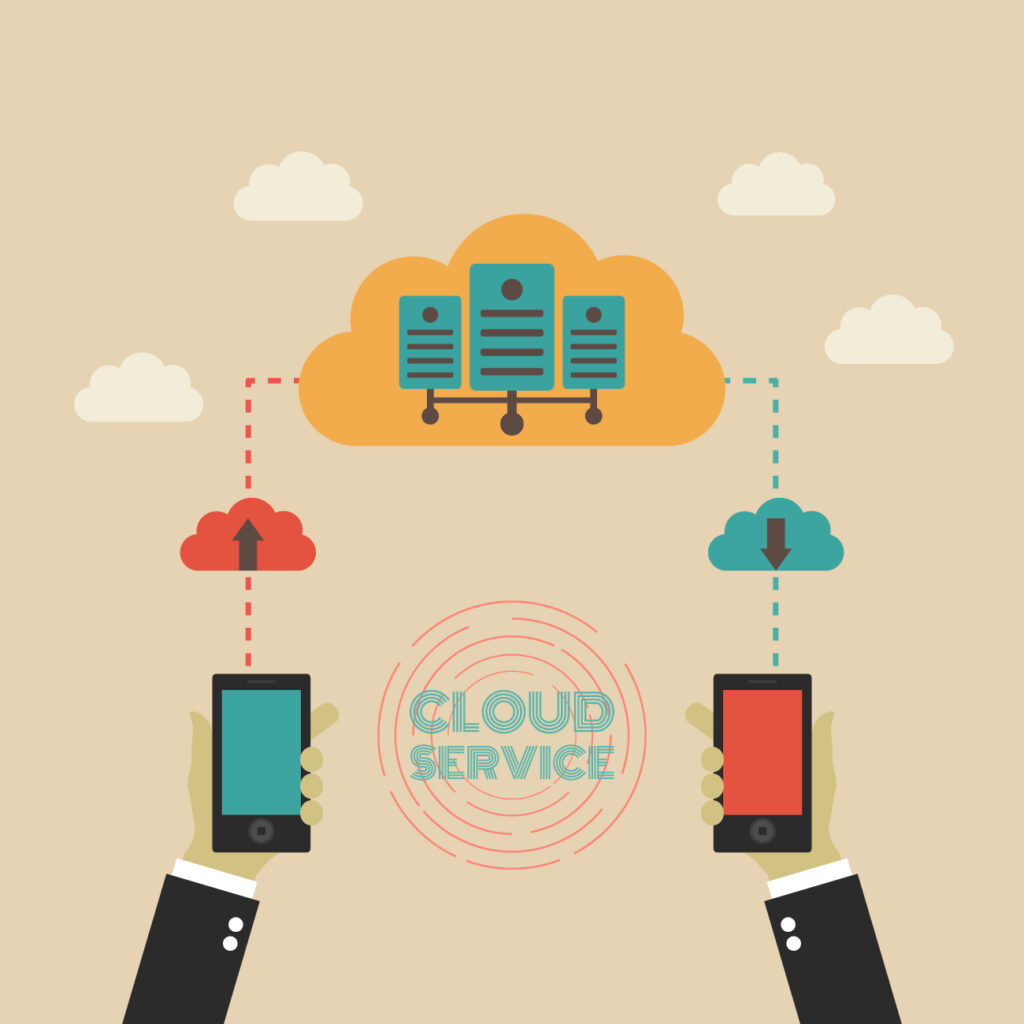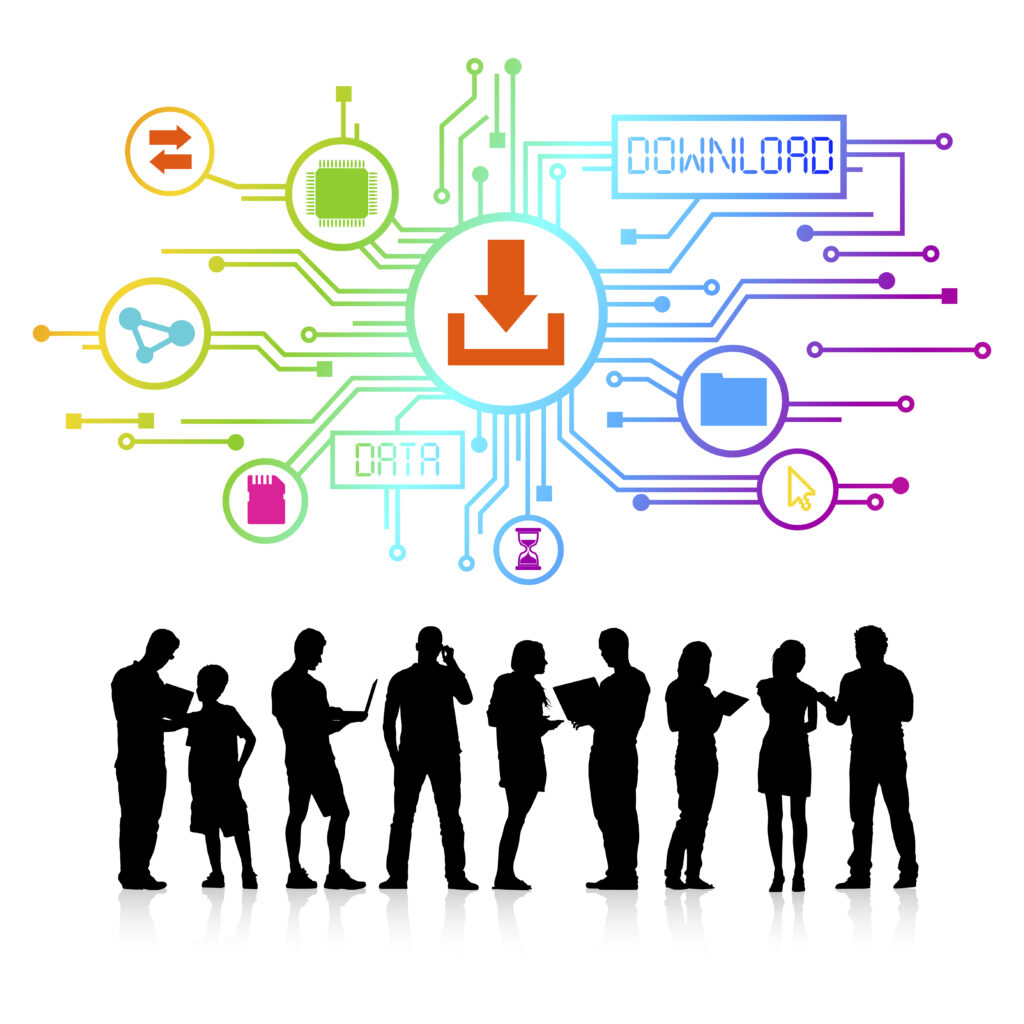AI, cybersecurity, and quantum computing are reshaping industries, making tech trends to watch in 2025 more critical than ever for businesses striving to stay ahead. As innovation accelerates, organizations must prepare for disruptions and integrate emerging technologies to remain competitive. Advancements in AI-driven automation, blockchain security, and quantum computing will redefine operations, while 5G networks, hybrid cloud solutions, and cybersecurity advancements will shape the digital landscape. Companies that embrace these changes will not only enhance efficiency but also future-proof their operations against evolving security threats and shifting customer expectations.
Artificial Intelligence: Beyond Automation
Artificial intelligence is no longer limited to basic automation—it is fundamentally transforming industries. In 2025, businesses will rely on AI for more than just streamlining workflows. AI-driven predictive analytics will allow companies to anticipate market trends, while generative AI will enable faster content creation, from marketing campaigns to software development.
AI’s role in cybersecurity will also expand as companies deploy AI-powered threat detection systems that can identify and neutralize cyber threats in real-time. Meanwhile, in customer service, AI assistants and chatbots will become even more intuitive, reducing response times and improving user experience.
However, as AI capabilities grow, so do concerns about data privacy, algorithmic bias, and ethical transparency. Companies will need to adopt responsible AI frameworks to ensure fairness, security, and compliance with emerging regulations.
Cybersecurity: Strengthening Digital Defenses
Cybercrime is escalating, making cybersecurity advancements a top priority. In 2025, organizations will shift to proactive threat management through:
- Zero-trust architecture, verifying every access attempt before granting permissions.
- AI-driven security systems, detecting and mitigating cyberattacks in real time.
- Quantum-resistant encryption, preparing for the potential risks posed by quantum computing.
- Biometric authentication, replacing passwords with facial recognition and fingerprint scans.
- Decentralized security frameworks, reducing reliance on centralized databases that hackers often target.
Companies that fail to implement these security measures risk data breaches, financial loss, and reputational damage. Strengthening digital defenses is essential for long-term resilience.
Quantum Computing: A New Era of Processing Power
Quantum computing is making breakthroughs in problem-solving, encryption, and computational speed. By 2025, this technology will impact industries such as:
- Pharmaceuticals, accelerating drug discovery and medical research.
- Finance, optimizing risk modeling and fraud detection.
- Logistics, improving supply chain forecasting and efficiency.
- Cybersecurity, posing both risks and solutions to encryption protocols.
- Climate science, simulating environmental models for sustainable development.
Although still in its early stages, quantum computing’s rapid progress will require businesses to adapt to new security challenges and computational capabilities.
Cloud Computing 2.0: Edge and Hybrid Solutions
Cloud technology is evolving into a decentralized, AI-optimized ecosystem. In 2025, businesses will shift towards:
- Edge computing, processing data closer to its source for reduced latency.
- Hybrid cloud adoption, balancing private and public cloud environments for security and flexibility.
- Serverless architecture, enabling efficient app development without managing infrastructure.
- AI-powered cloud automation, optimizing resources and detecting security threats.
- Enhanced cloud security protocols, ensuring compliance with stricter data regulations.
This evolution allows businesses to reduce operational costs, enhance performance, and improve data security. Companies leveraging cloud innovation will gain a strategic edge.
5G and Beyond: Redefining Connectivity
5G is already transforming industries, but research into 6G is gaining momentum. The expansion of high-speed, low-latency networks is enabling breakthroughs in autonomous vehicles, smart cities, and telemedicine.
As businesses integrate more IoT devices, the demand for faster, more reliable connectivity will continue to grow. Companies that embrace next-generation wireless technology will see improvements in efficiency, automation, and remote collaboration.
Meanwhile, the early development of 6G is exploring terahertz frequencies, which could enable near-instantaneous data transfers and further revolutionize communication. Businesses should stay informed about these advancements to ensure their infrastructure remains future-proof.
Conclusion
The technology landscape of 2025 presents exciting opportunities, but businesses must be proactive in adapting to these changes. Companies that invest in AI-driven automation, cybersecurity enhancements, and quantum computing preparedness will stay ahead of the competition.
By leveraging blockchain for secure transactions, 5G for improved connectivity, and hybrid cloud solutions for scalable operations, organizations can ensure long-term success in an increasingly digital world.
Those who embrace innovation, security, and adaptability will thrive in the next era of technological advancement.





